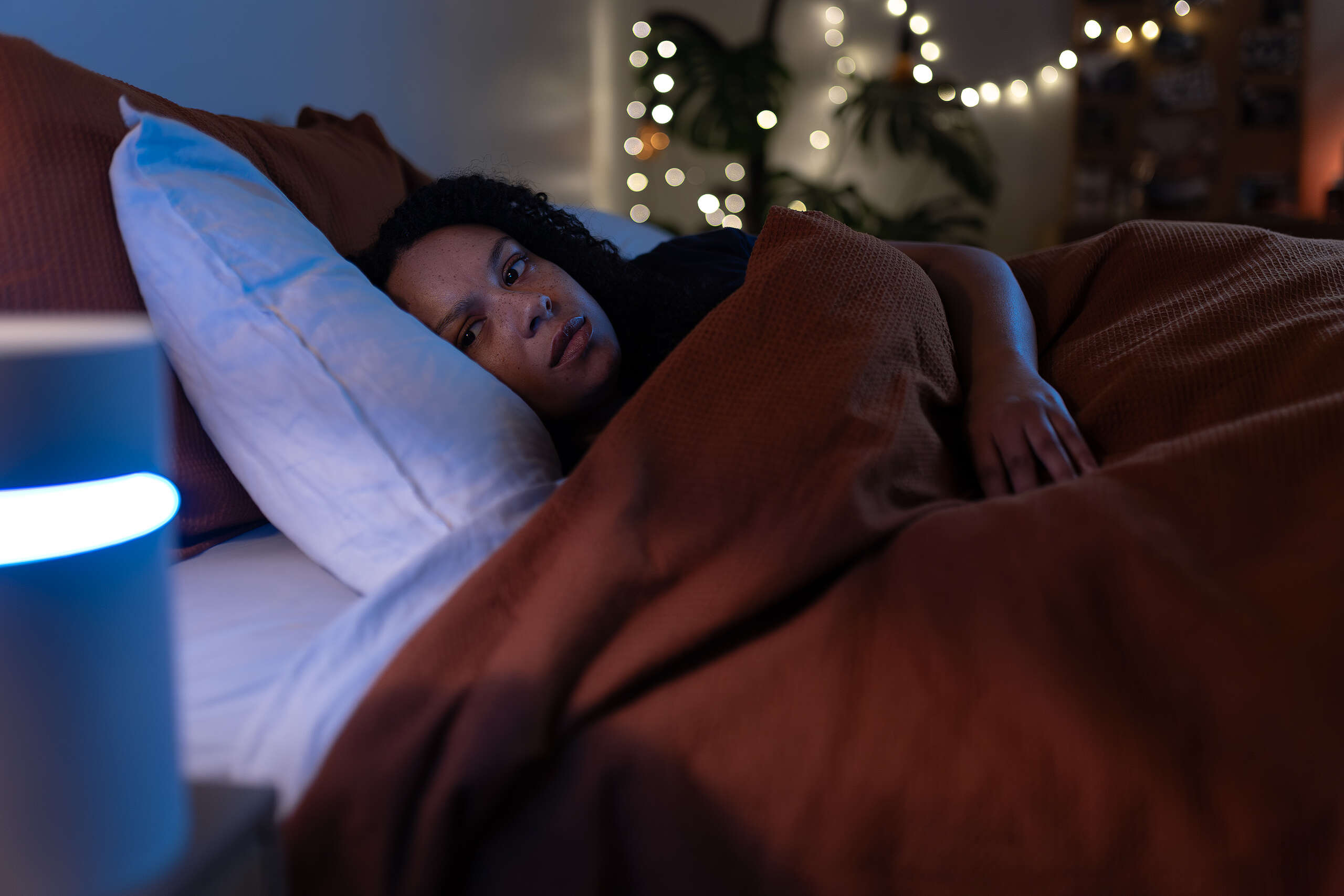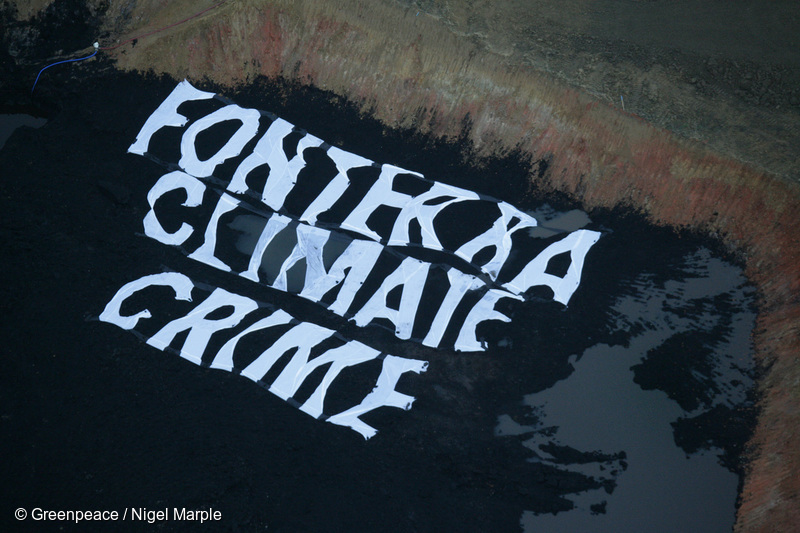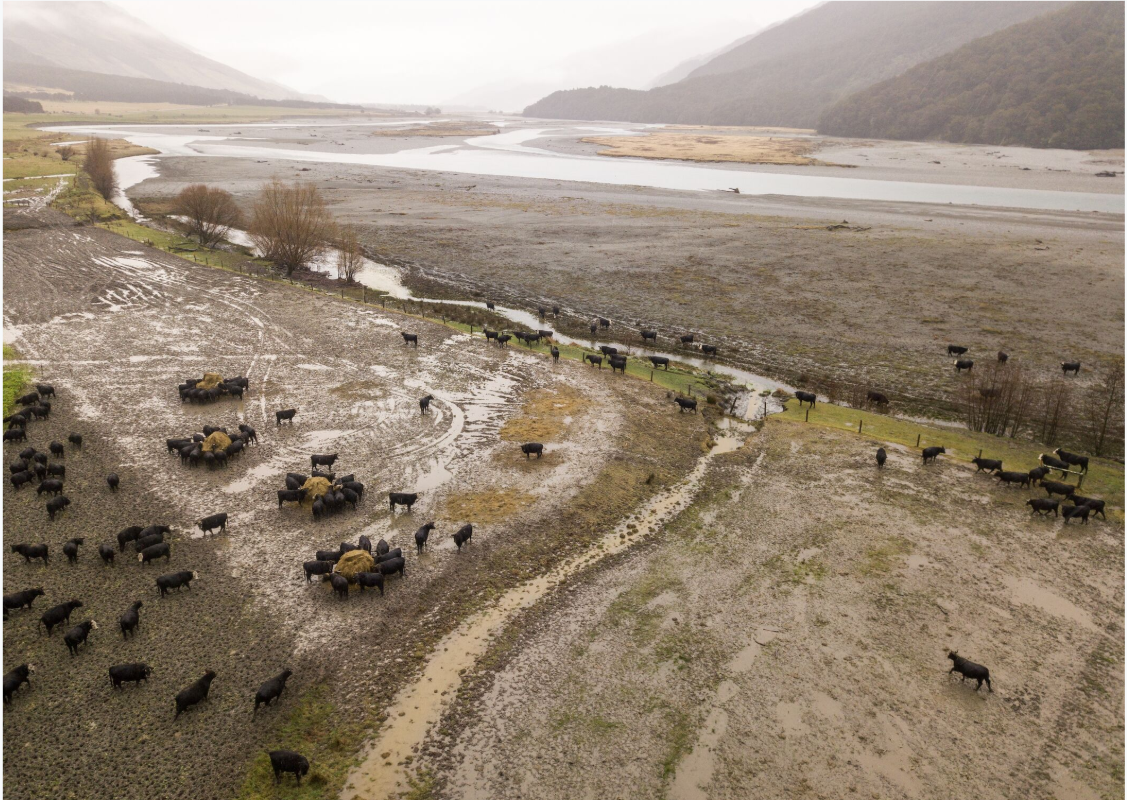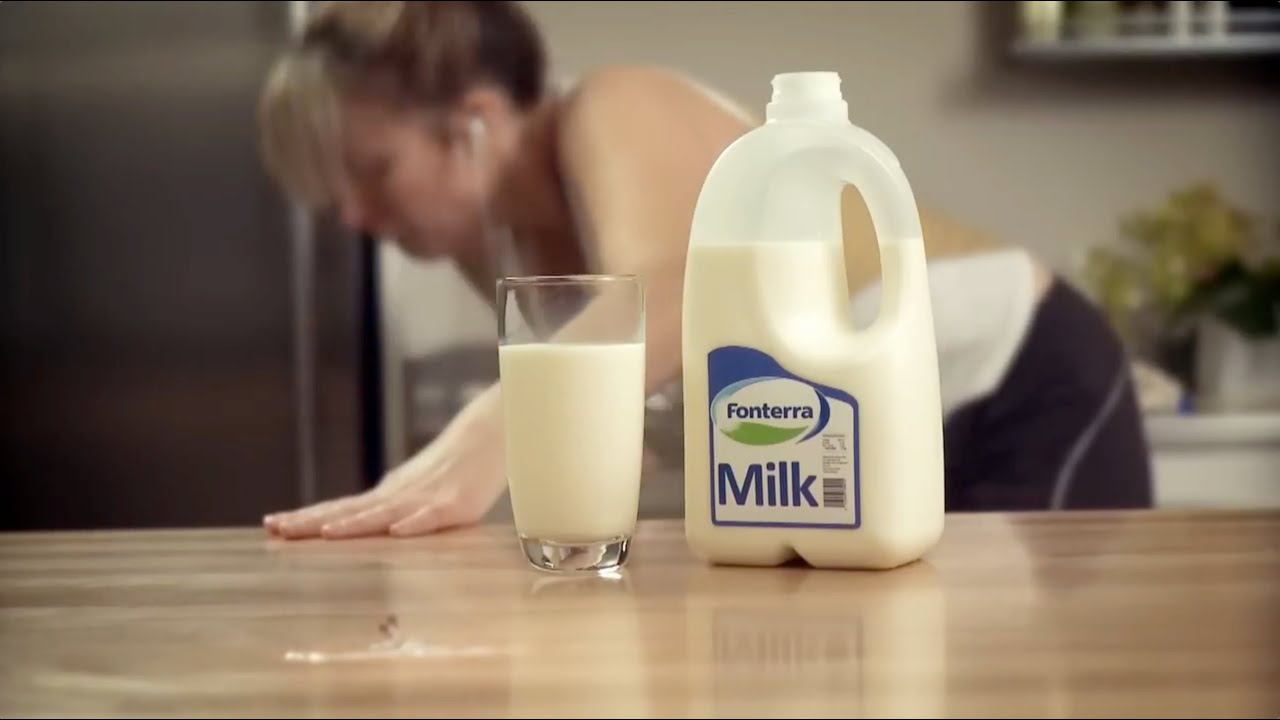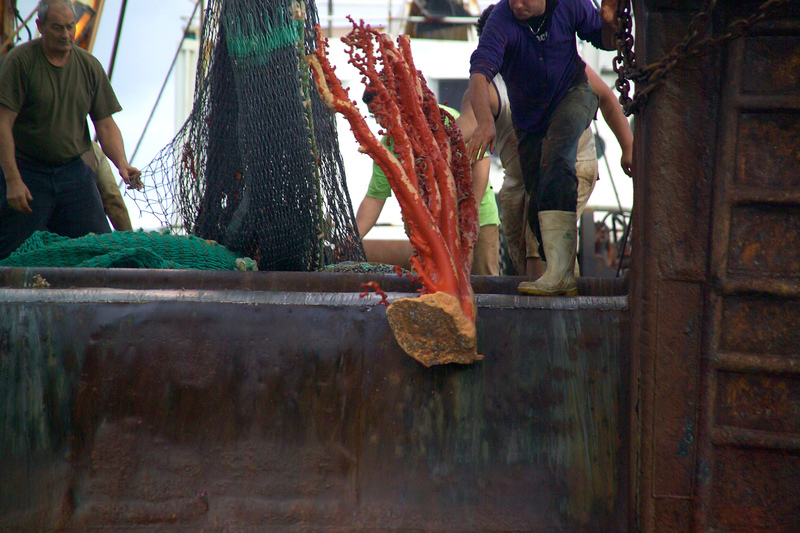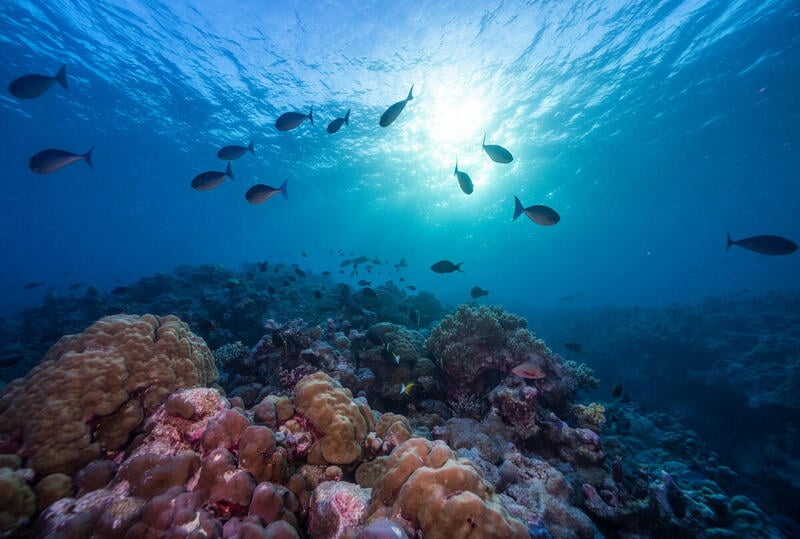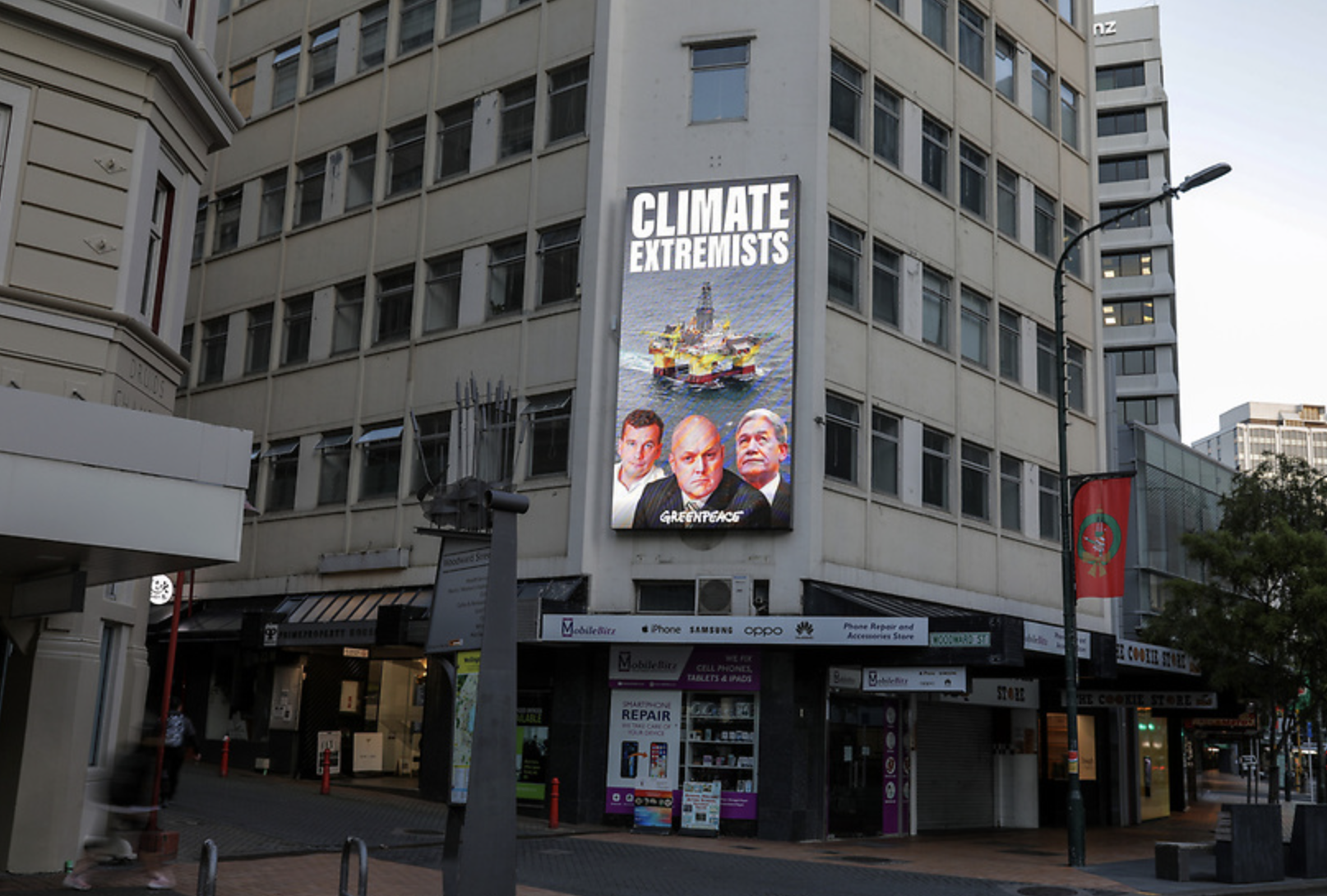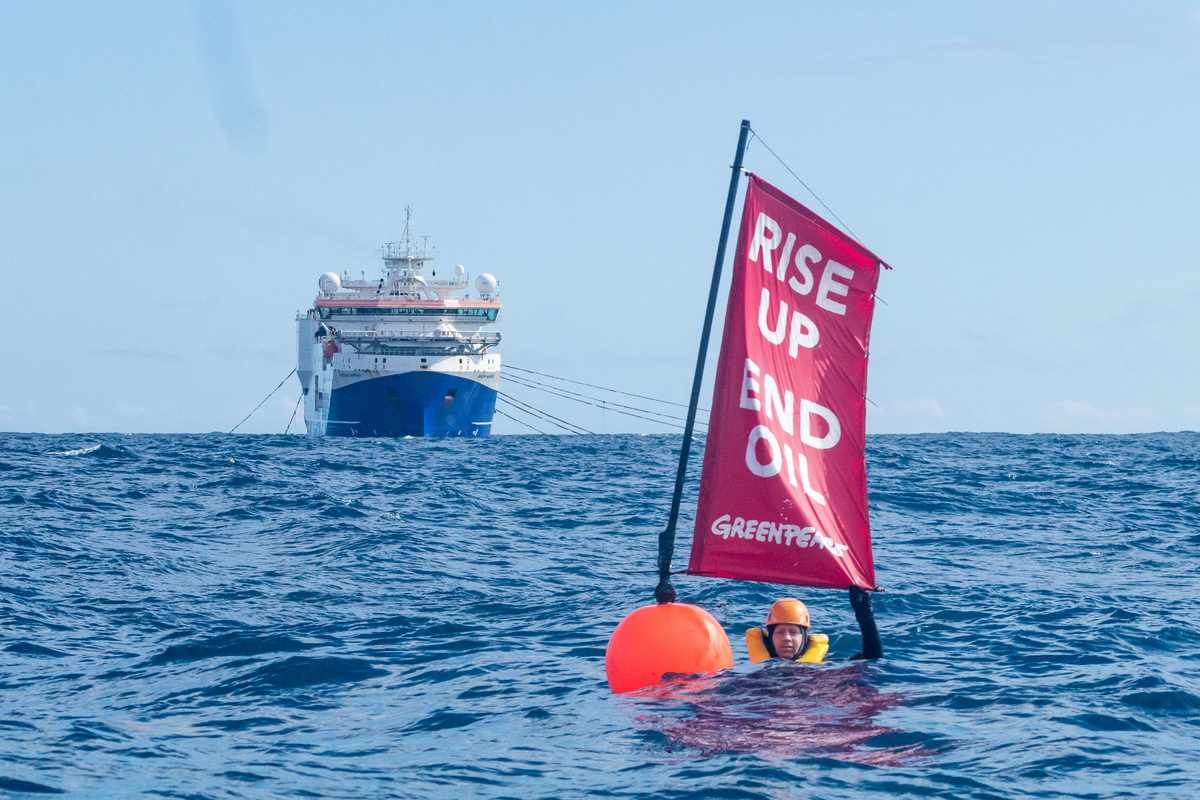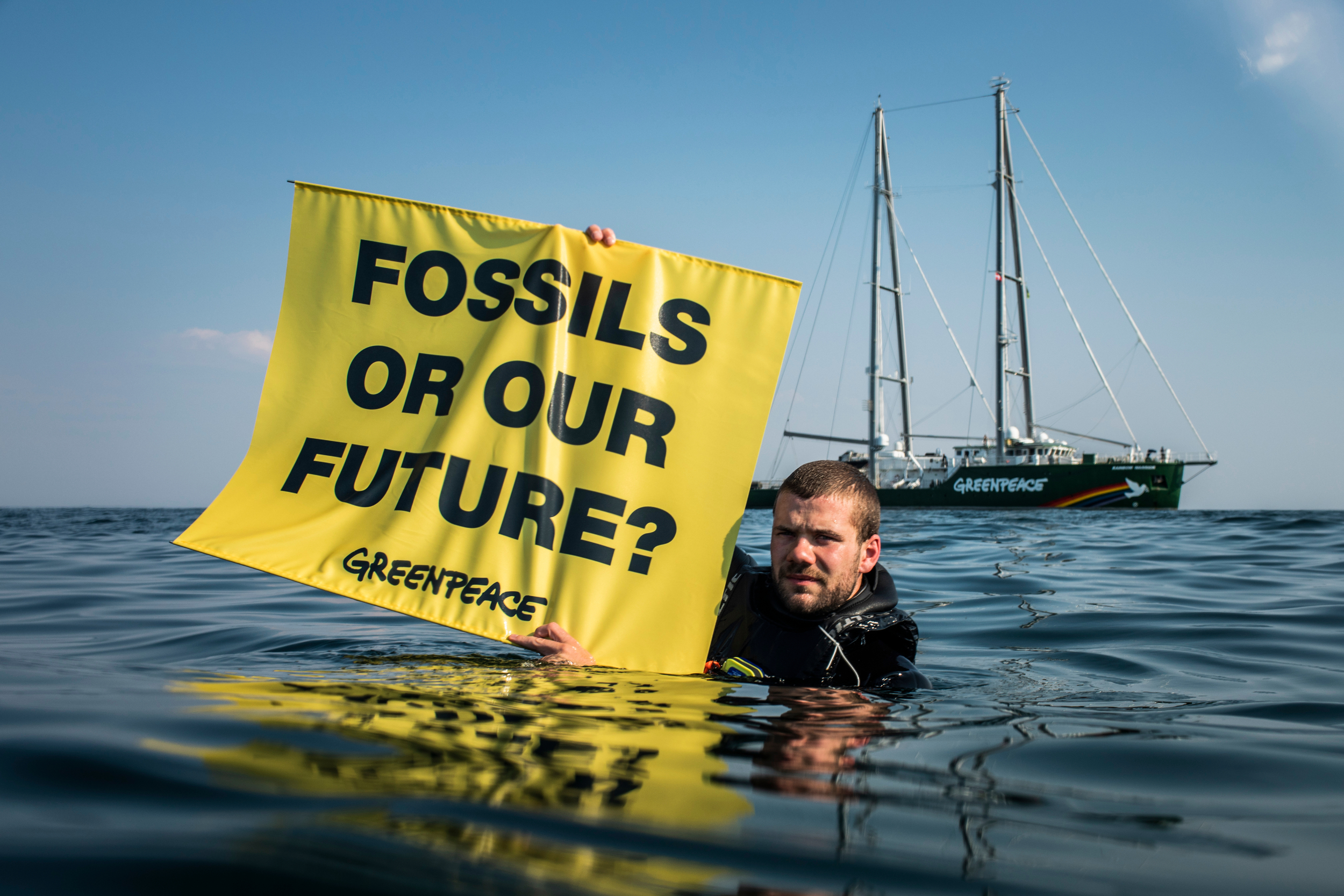-
More than half of NZers say too many cows – Greenpeace poll
A Horizon opinion poll commissioned by Greenpeace reveals that 52 percent of Kiwis think are too many cows for our waterways to cope with. David Parker has gone on record…
-
The disappearing soundtrack of nature
Imagine a world without birdsong. Just… silence. A palpable quiet filling the space where nature sounds used to be.
-
One of NZ’s most contentious climate cases is moving forward. And the world is watching
In recent weeks, the Supreme Court of New Zealand has delivered a landmark decision on a case brought by Māori elder Mike Smith against a group of New Zealand’s largest…
-
Letter from Government on plans to override environmental laws
Greenpeace has released a letter from Hon Chris Bishop, showing Government plans to trash environmental protections.
-
The Fonterra PKE milk ad they don’t want you to see
NZ dairy giant Fonterra's industrial dairying approach is driving production beyond the limits. NZ cows can no longer be fed on grass alone, and Fonterra's dairy herds are fed palm kernel expeller (PKE) grown on land in South East Asia where rainforests once stood.
-
NZ backtracks on South Pacific ocean protection, lobbies for more bottom trawling
The New Zealand government appears to be turning its back on South Pacific ocean conservation measures and UN resolutions it has signed, falling out of step with the rest of the world in its commitments to protect deep sea life.
-
Palau first country to ratify Global Ocean Treaty
Palau has become the first country to officially ratify the Global Ocean Treaty, in a move that Greenpeace Aotearoa says sets down a challenge for New Zealand to follow suit and back meaningful ocean protection.
-
5 reasons why Christopher Luxon, David Seymour, and Winston Peters are climate extremists
So you’ve seen the Greenpeace billboard in Wellington, calling Christopher Luxon, David Seymour, and Winston Peters ‘climate extremists’. But why are these politicians climate extremists?
-
UN Loss and Damage fund doomed without fossil fuel phase-out
As a new climate loss and damage fund is operationalised at the COP28 UN climate conference, Greenpeace condemns the New Zealand Government’s decision to bring back oil and gas exploration.
-
More international embarrassment expected for New Zealand over oil and gas ban u-turn
New Zealand’s new Government created international headlines this week for reversing the smoking ‘generation ban’. Now a major u-turn on oil and gas is on the cards, as COP28 kicks off in Dubai.


